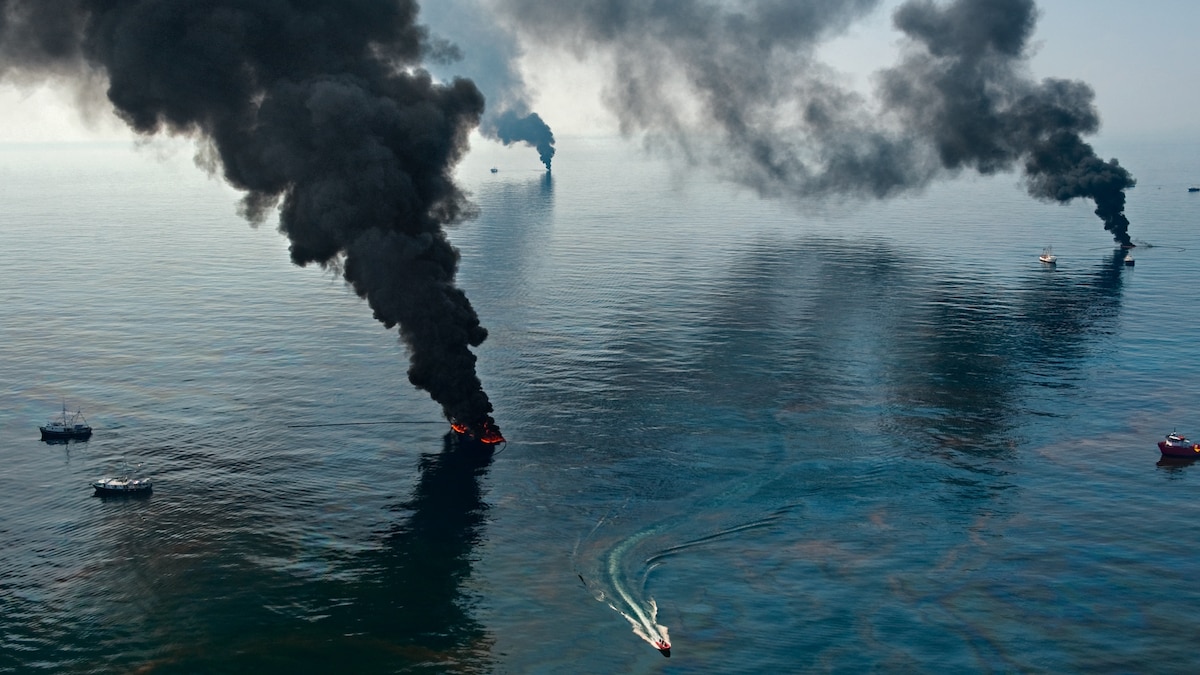Now Reading: How Ocean Threats Are Reshaping Our Planet
-
01
How Ocean Threats Are Reshaping Our Planet
How Ocean Threats Are Reshaping Our Planet

Quick Summary
- Oceans cover 70% of Earth’s surface: They provide food, shelter, half of the Earth’s oxygen, regulate climate, and absorb carbon dioxide emissions and excess heat.
- Marine pollution: 80% originates from land-based activities like agriculture and industrial waste. This results in harmful impacts such as oxygen depletion and toxic runoff affecting ecosystems.
- Major threats to oceans:
– Global warming: melting ice caps due to greenhouse gases is contributing to rising sea levels. Coastal populations (40% of global population) are under threat.- Pesticides and agricultural runoff: Linked to marine life collapse due to water contamination reducing oxygen for plants and shellfish.
– industrial waste: Discharges cause ocean acidification, coral bleaching, algal blooms blocking sunlight from marine plants.
– Military sonar use: Leads to stress or harm among marine mammals by disturbing feeding areas or causing hearing damage.
– Accidental catch (bycatch): Use of green LED lights on fishing nets shows promise in mitigating this problem.
- Conservation efforts include establishing marine reserves, adopting sustainable fishing practices, minimizing industrial toxin discharge, investing in tracking technologies for accidental catches.
Solutions proposed: Optimize government industry-agriculture policies complemented with individual measures like reducing reliance on single-use plastics.
Indian Opinion Analysis
India’s vast coastline spanning over 7,500 km makes it uniquely intertwined with the health of oceans globally. The issues highlighted-such as pesticide runoff from agriculture and plastic pollution-are deeply relevant considering India’s growing maritime economy alongside agriculture-dependent inland regions.
The call for conservation resonates strongly with India’s push toward sustainable environmental policy under commitments like Sustainable Growth Goal (SDG) targets by the UN.Marine protection strategies such as well-enforced fishing regulations or expanding coastal resilience programs could reinforce ecological balance along vulnerable zones impacted by cyclones/seawater rise worsened hotter trends.
Lastly implications its success partnership rely both citizen behavioral shifts nuanced sector-policy co-existence-future biodiversity sustain_fishery rural inhabitance enabled.
























